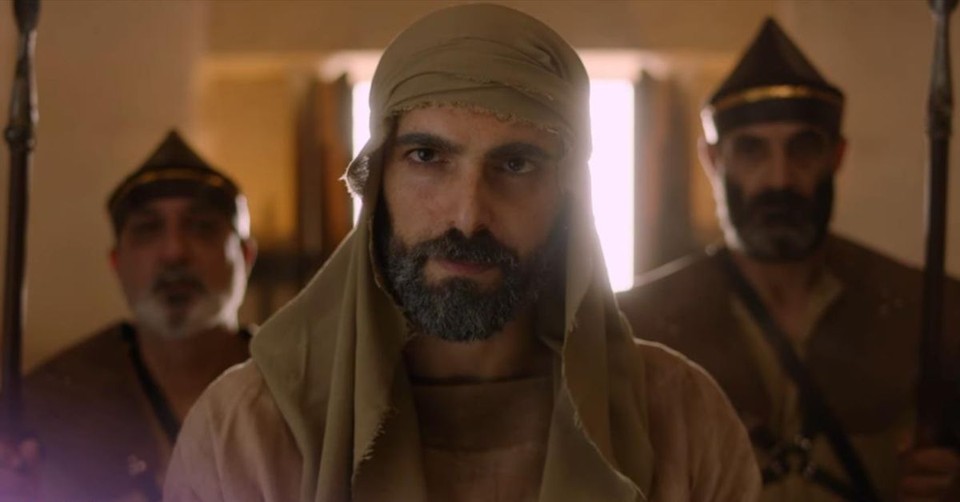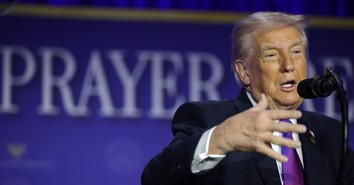New Film Rebuts ‘Da Vinci Code’ Claims and Demonstrates the New Testament’s Reliability

With Bible sales on the rise across America, a new documentary seeks to dispel myths popularized by novels and movies like The Da Vinci Code and help Christians and non-Christians alike understand they can trust the reliability of the New Testament.
The film, Oracles of God: The Story of the New Testament, explores the development of the New Testament by explaining how the Gospels and apostolic letters were recorded, shared, and preserved. It includes reenactments, archaeological evidence, and expert interviews.
It is the second film in a series and follows a similar movie about the composition of the Old Testament. CBN Films produced them.
Craig A. Evans, a New Testament scholar and the author of numerous books about the gospels, believes the documentary is much-needed.
“So many people are biblically illiterate, not just people outside the church, but even inside the church,” Evans told Crosswalk Headlines.
“And so they were told this baloney with The Da Vinci Code that, ‘Oh, who knows who wrote the Gospels? They're written a long time later. There are dozens of other Gospels that probably give us a more truthful picture of Jesus.’”
Evans said The Da Vinci Code – first a best-selling 2003 novel and later a major Hollywood film – sparked widespread confusion about the New Testament by presenting myths about Jesus and early Christianity as if they were historical facts.
In truth, though, the New Testament can be trusted as God’s Word, Evans said.
“The Gospels in the New Testament are early and they are accurate, and they've been faithfully copied down through the centuries,” he said.
Evans said Oracles of God responds to common criticisms “very effectively.” One frequent objection, he noted, is that the oral tradition – the period between Jesus’ ministry and the writing of the New Testament – cannot be trusted.
“It was a very oral culture,” Evans said.
The Gospels were not written immediately after Christ’s ascension, he explained, because the “living voice” – the firsthand testimony of those who saw the risen Jesus – was viewed as the highest authority. But once that living witness began to fade, and as eyewitnesses died, it became necessary to record their accounts in writing to preserve them accurately.
“Let's get detoxed from this Da Vinci Code thing and understand correctly where the biblical literature came from [and] why we have a canon of Scripture,” Evans said. “Get rid of all the myths and the silly theories. Get back to reality and then do what's happening right now, buying Bibles and reading them, but reading them intelligently.”
Related article:
Final Cut: How Were the Books in the Testament Chosen
Photo Credit: ©CBN Films
Michael Foust has covered the intersection of faith and news for 20 years. His stories have appeared in Baptist Press, Christianity Today, The Christian Post, the Leaf-Chronicle, the Toronto Star and the Knoxville News-Sentinel.
Listen to Michael's Podcast! He is the host of Crosswalk Talk, a podcast where he talks with Christian movie stars, musicians, directors, and more. Hear how famous Christian figures keep their faith a priority in Hollywood and discover the best Christian movies, books, television, and other entertainment. You can find Crosswalk Talk on LifeAudio.com, or subscribe on Apple or Spotify so you never miss an interview that will be sure to encourage your faith.
Originally published November 04, 2025.







